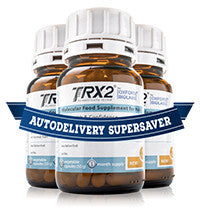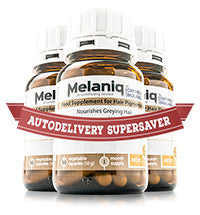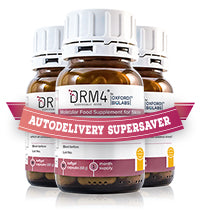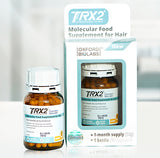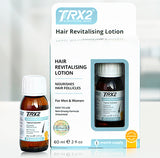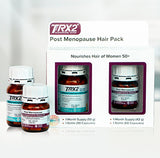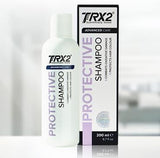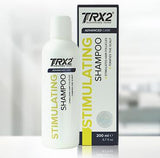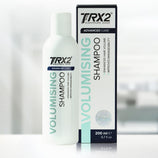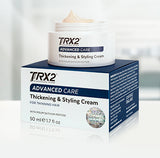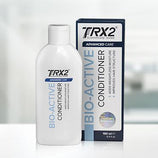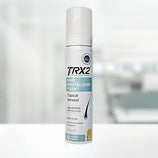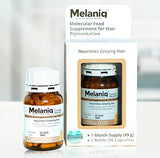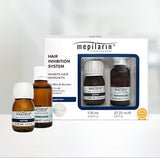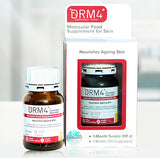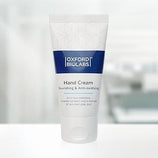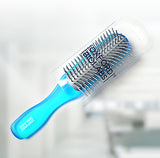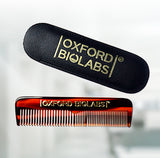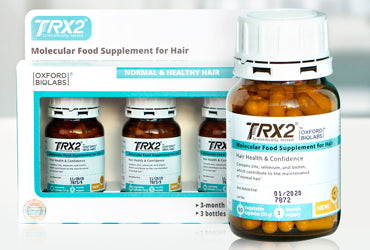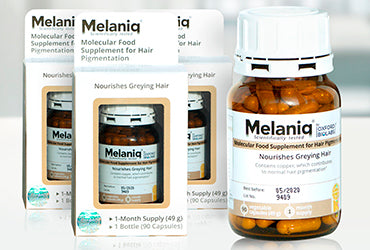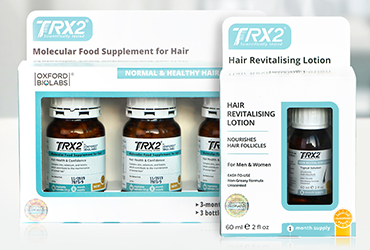Can Caffeine in Shampoo Help Hair Grow?
Coffee is the most widely consumed beverage in the Western world. Like other drugs, caffeine can be addictive, but comparatively, caffeine has many positive benefits. It has been shown to improve attentiveness, concentration, and athletic performance. Now, the cosmetic and beauty industries are going wild over a new way to use caffeine - in shampoos.
Effects of caffeine on the body
- Increases duration of anaerobic/aerobic exercise
Сaffeine was shown to increase how long both trained athletes and the untrained average person can exercise. This may occur due to increased adrenaline, power output, and anti-fatigue effects of caffeine. - Increases power output
Caffeine boosts exercise two-fold. It increases the duration and power output. This allows one to work out for longer while burning extra fat at the same time. The only caveat is that caffeine can cause dehydration, so it is important to compensate water loss. -
Higher blood glucose and blood pressure
Caffeine, especially with a high-carb meal, may temporarily increase blood glucose. This effect is not permanent, nor does it appear to have a long-term effect on glucose levels. Caffeine and blood pressure is a controversial topic. Caffeine has little effect on blood pressure in users with high tolerance. It may increase blood pressure in users with low tolerance or genetic sensitivity to caffeine. -
Improves metabolic rate and burns fat
Caffeine is a potent thermogenic (increases body temperature) and fat burner that is used as a component in many workout supplements. This coupled with caffeine’s blood flow boosting qualities make it perfect for pre-workout.
Benefits of caffeine shampoo on hair
- Stimulates hair growth - Through a mechanism that involves molecular, cellular, and organ level effects, caffeine can stimulate and energise hair.
- Enhances hair shaft elongation - Caffeine shampoo lengthens individual hair follicles, essentially stimulating hair growth from within.
- Extends the growth phase of the hair cycle - Caffeine shampoo can prolong the anagen (growth phase) of the hair cycle. In hair loss, a disproportionate amount of hair follicles in the resting (telogen) phase leads to hair fall.
- Stimulates protein production - Caffeine regulates protein expression, gene expression, and protein secretion. This allows keratin and other proteins to be produced in sufficient quantities.
- Increases number of keratin-producing cells - inhibits the death of keratinocytes (cells that produce keratin). Keratin is a vital protein found in hair that gives it strength and structure.
How does caffeine shampoo actually work?
Dermal papilla cells from men with androgenetic alopecia (pattern hair loss) are more sensitive to oxidative stress (free radical damage) than non-balding men. Caffeine is able to tackle hair loss in genetically predisposed men on several levels. Namely, caffeine raises the levels of signalling molecules, hormones, and reduces other factors like oxidative stress. Although this has only been shown to be true in men, there have been no clinical studies on caffeine’s relevance to hair loss in women.
A leading theory on hair loss is that dihydrotestosterone (DHT) causes hair follicles to shrink and eventually die out completely. DHT is produced when testosterone is broken down with an enzyme called 5α-Reductase.
Read more about how DHT affects hair here.
One of the most common, and at the same time, controversial FDA approved medications are drugs that inhibit the 5α-Reductase enzyme. They are aimed towards reducing DHT production, but because they interfere with hormones, they can cause serious psychological and long-lasting effects.
In a breakthrough study, scientists demonstrated that very small concentrations of caffeine are able to suppress testosterone. These results indicate the possible basis for use of topically applied caffeine in the management of androgenetic alopecia. Caffeine is well-absorbed by hair follicles and the scalp. This means that everyday hair care products like shampoos and conditioners that include caffeine are beneficial for stimulating hair growth.
Does caffeine shampoo make hair grow faster?

Caffeine is a bitter substance that occurs naturally in more than 60 plants, including coffee beans and tea leaves. It is a powerful stimulant and this translates to hair as well.
In a paper published in the British Journal of Dermatology, researchers concluded that caffeine had surprising benefits for hair follicles. Both men and women showed positive results when caffeine was used topically, but women showed more pronounced effects than men.
Side effects of caffeine shampoo
Shampoos that include caffeine are very safe and rarely cause serious side effects. Users mention unpleasant side effects, such as redness, itching or burning of the scalp. Most reactions to caffeine shampoo may be due to other ingredients in the particular shampoo. Many additives, parabens, and silicones are commercially used, which are known to cause allergic reactions in some individuals.
Natural shampoos and conditioners are less likely to result in a negative experience, therefore are recommended for those with sensitive skin. If experiencing any issues or side effects, consult a medical professional.
Conclusion
Caffeine shampoo is an excellent supportive option for hair growth because caffeine formulations are scientifically proven to energise, stimulate, and improve hair. Using a hair growth regimen along with a shampoo and conditioner with caffeine can amplify and potentiate the appearance of thicker, healthier hair. With their impressive track record and scientific backing, caffeine shampoos and conditioners, including those within the Oxford Biolabs TRX2® Advanced Care range, are here to stay!
